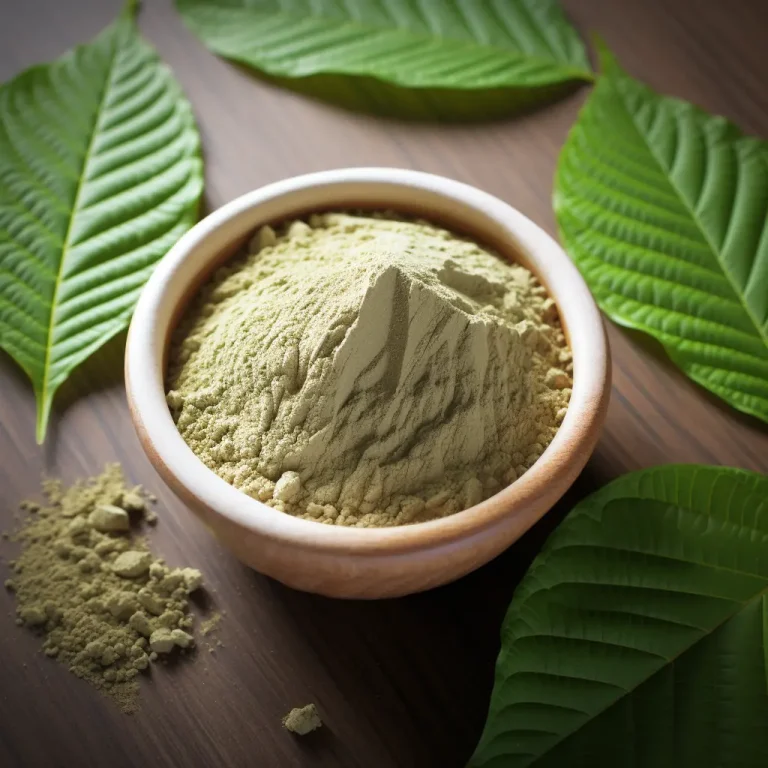Kratom, a natural herb used traditionally in Southeast Asia for its sedative and pain-relieving properties, has gained popularity as a potential sleep aid. Exploring its effects on sleep duration provides insight into how this botanical might help those struggling with insomnia or erratic sleep patterns.
Exploring Kratom’s Sedative Qualities
Kratom contains alkaloids such as mitragynine and 7-hydroxymitragynine, which interact with the brain’s opioid receptors. This interaction is believed to contribute to the plant’s ability to induce relaxation and drowsiness, making it easier for individuals to fall asleep. Studies suggest that lower doses of kratom can reduce the time it takes to fall asleep by calming the user’s mind and body.
Continued research highlights that not only does kratom reduce the onset of sleep, but it also enhances the quality of sleep. Users often report a more restful sleep experience, which is crucial for the body’s recovery and the overall sleep cycle.
Impact on Sleep Cycles
Regular sleep cycles are vital for cognitive function and physical health. Kratom’s potential to extend the REM stage of sleep is particularly significant, as this phase is critical for memory consolidation and mood regulation. By increasing REM sleep duration, kratom may help improve cognitive functions over time.

In addition to modifying sleep architecture, kratom might help maintain a more consistent sleep schedule. This regularization comes from its anxiolytic effects, which can soothe anxiety and stress, common culprits behind disrupted sleep patterns.
User Experiences and Anecdotal Evidence
Many kratom users turn to this herb for its potential sleep benefits, particularly those who prefer natural remedies over pharmaceutical sleep aids. Anecdotes from long-term users suggest that consistent use of high quality kratom for sleep has led to marked improvements in their sleep duration and quality.
While empirical data is growing, personal stories remain a compelling part of kratom’s reputation as a sleep aid. These accounts provide real-world insights into how the herb functions when used specifically for improving sleep.
Safety and Considerations
While the benefits of kratom for sleep are notable, it is crucial to approach its use with caution. The effectiveness and safety of kratom can vary greatly depending on the dose and the user’s overall health condition. Potential users should consult healthcare providers to discuss any possible interactions with existing medications or health issues.
Awareness of the legal and health regulations surrounding kratom use in different regions is also essential, as it is not universally regulated or approved.
Conclusion
As more people seek natural alternatives to conventional sleep medications, kratom’s role in improving sleep duration remains a topic of both interest and debate. With ongoing research and user testimonials, kratom continues to be a significant, albeit complex, player in the natural health community focused on sleep improvement.


















